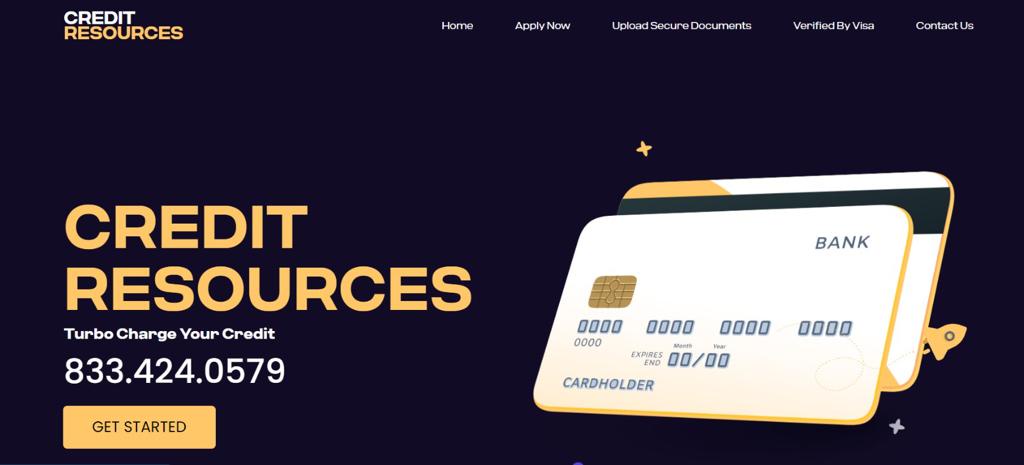Dealing with debt can be overwhelming, but there are various strategies and resources available to help you regain control of your finances and work towards a debt-free future. Whether you're struggling with credit card debt, medical bills, or other financial obligations, here are some effective steps you can take to get Debt help:
1. Assess Your Debt Situation
Start by taking stock of your debts. Gather all your statements and create a list of your creditors, outstanding balances, interest rates, and minimum monthly payments. Having a clear understanding of your debt obligations will help you formulate a plan to address them effectively.
2. Create a Budget
Developing a budget is essential for managing your finances and prioritizing debt repayment. Calculate your monthly income and expenses, including fixed expenses like rent and utilities, as well as variable expenses like groceries and entertainment. Allocate a portion of your income towards debt repayment while ensuring you can cover essential expenses.
3. Prioritize High-Interest Debt
Focus on paying off high-interest debt first to minimize interest charges and save money in the long run. Make minimum payments on all your debts, and then allocate any extra funds towards the debt with the highest interest rate. Once that debt is paid off, move on to the next highest-interest debt until all debts are repaid.
4. Consider Debt Consolidation
Debt consolidation involves combining multiple debts into a single loan or payment plan, typically with a lower interest rate. This can make it easier to manage your debt and potentially save you money on interest charges. Explore options such as personal loans, balance transfer credit cards, or debt consolidation loans to consolidate your debts into one manageable payment.
5. Negotiate with Creditors
Reach out to your creditors to negotiate more favorable terms, such as lower interest rates, reduced fees, or extended payment plans. Many creditors are willing to work with you to find a solution that fits your financial situation, especially if you're experiencing hardship. Be prepared to explain your circumstances and present a realistic repayment plan.
6. Seek Professional Assistance
If you're overwhelmed by debt and struggling to manage it on your own, consider seeking help from a reputable credit counseling agency or debt relief organization. These professionals can provide personalized guidance and support, negotiate with creditors on your behalf, and help you develop a plan to repay your debts and improve your financial situation.
7. Stay Committed and Persistent
Eliminating debt takes time and effort, so stay committed to your goals and don't get discouraged by setbacks along the way. Celebrate small victories, such as paying off a credit card or reaching a milestone in your debt repayment plan. Remember that every step you take towards debt freedom brings you closer to a more secure financial future.
Conclusion
Seeking debt help is the first step towards regaining control of your finances and achieving a debt-free life. By assessing your debt situation, creating a budget, prioritizing high-interest debt, considering debt consolidation options, negotiating with creditors, seeking professional assistance when needed, and staying committed to your goals, you can take control of your finances and work towards a brighter financial future. Remember that you're not alone, and with determination and persistence, you can overcome your debt challenges and build a better financial future for yourself.


No comments yet